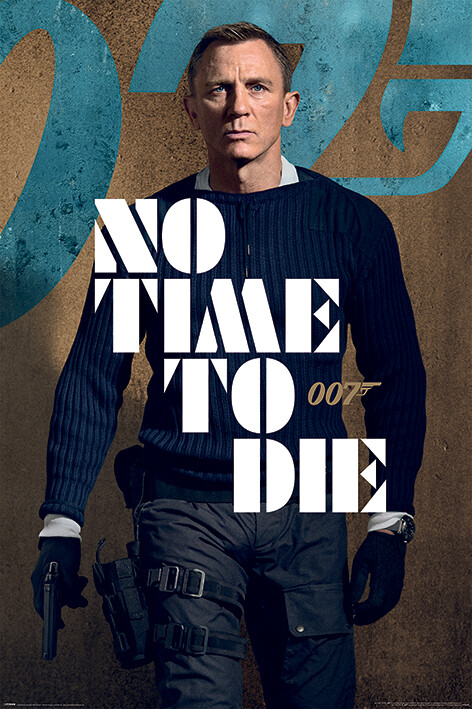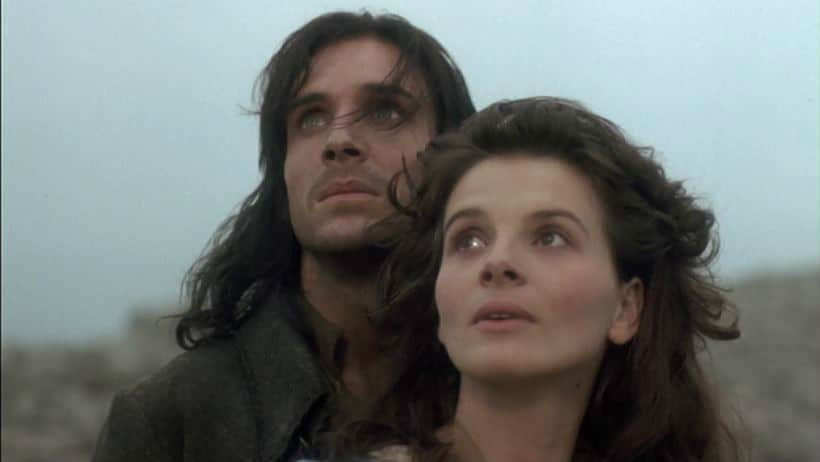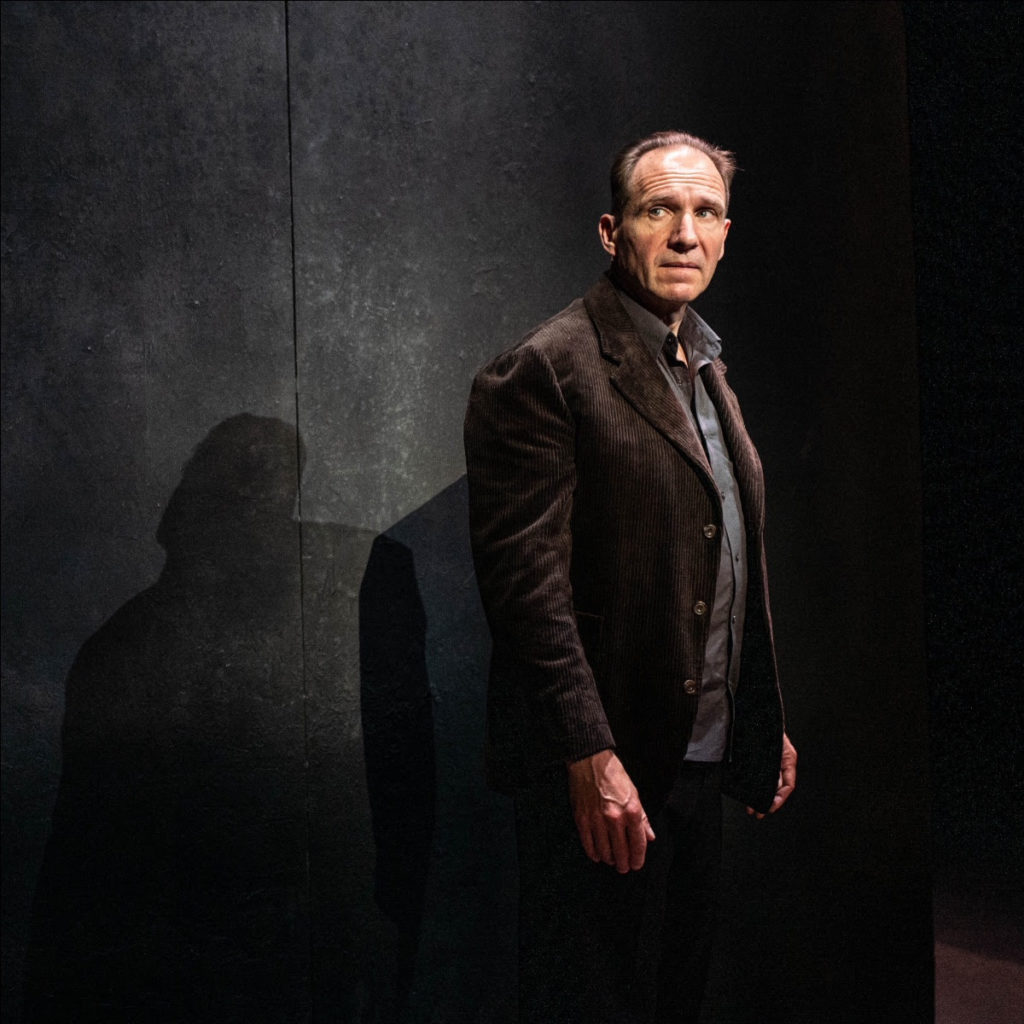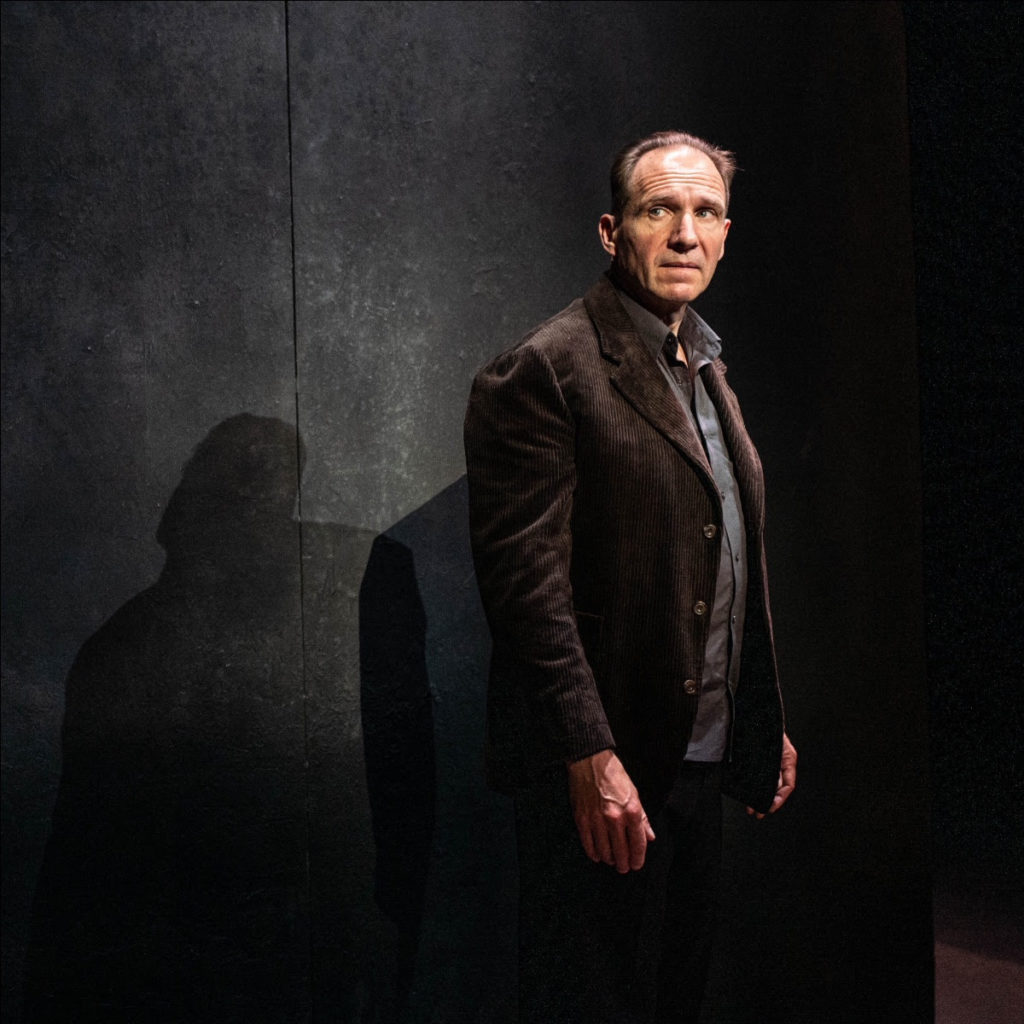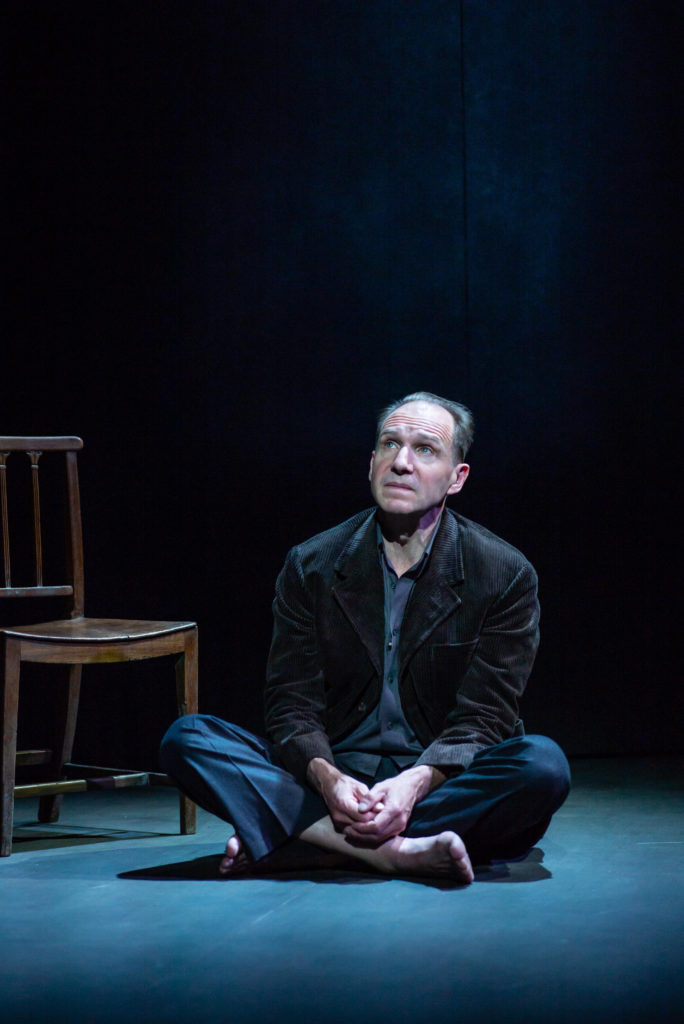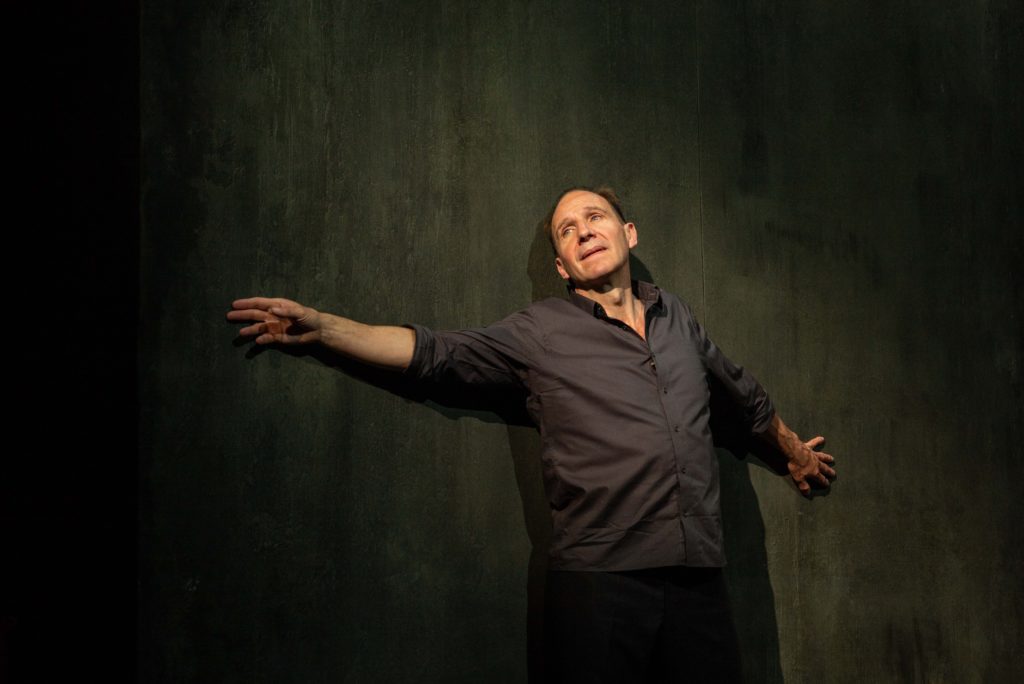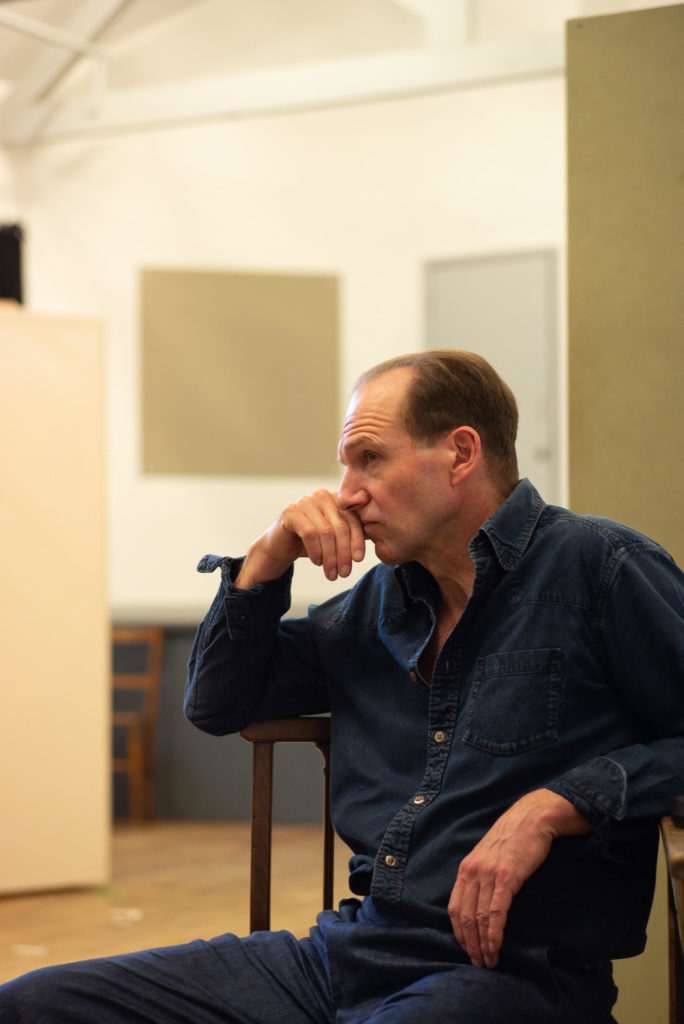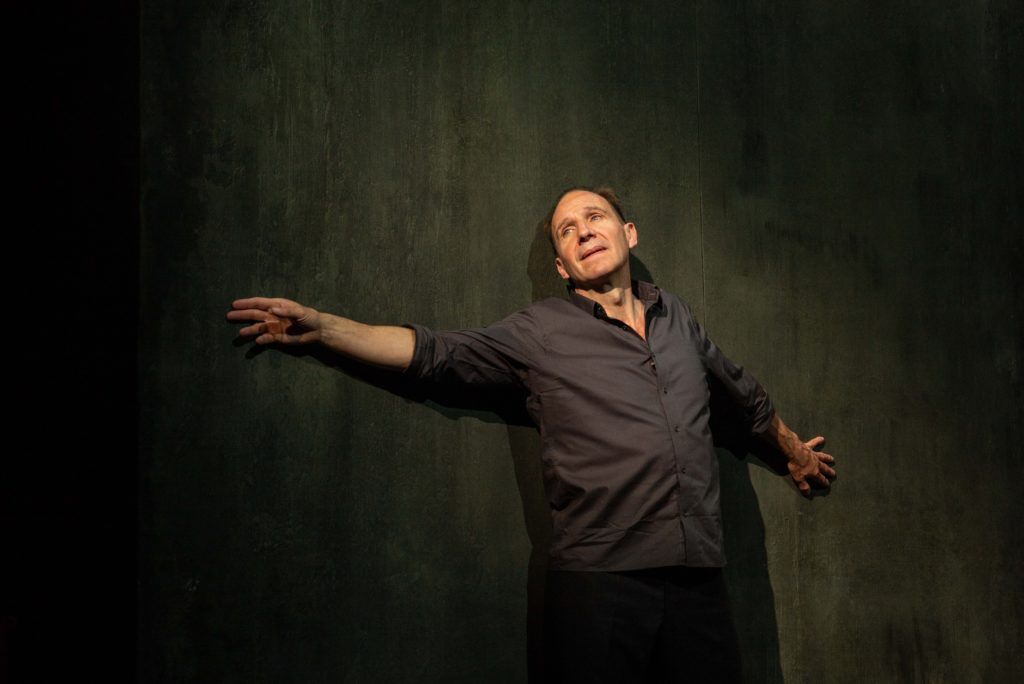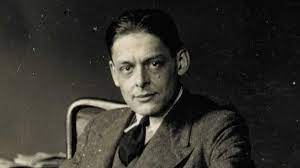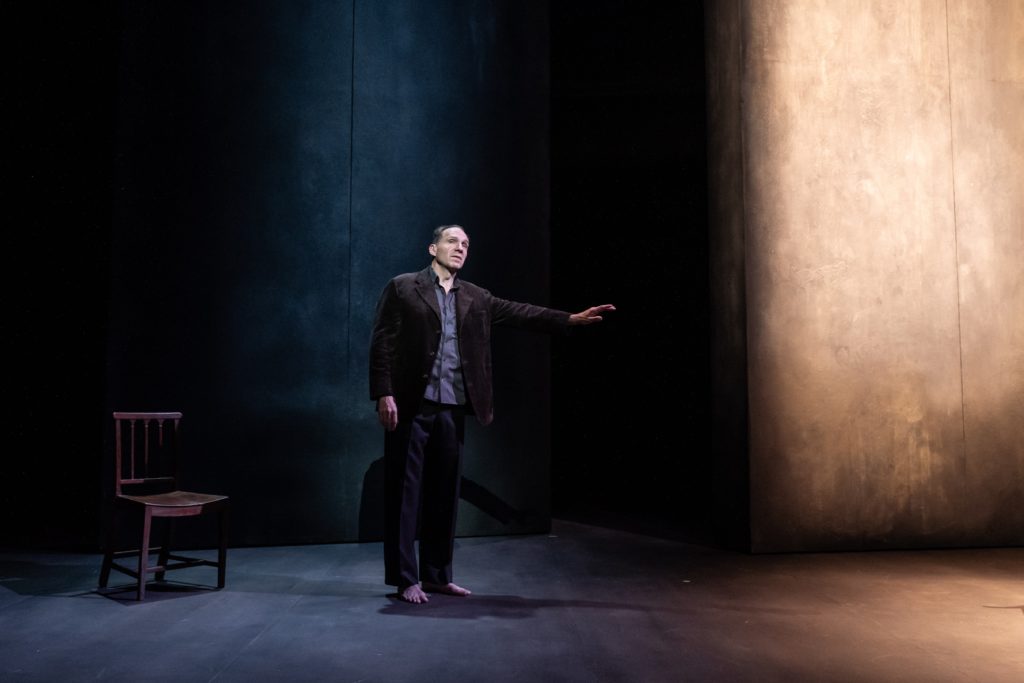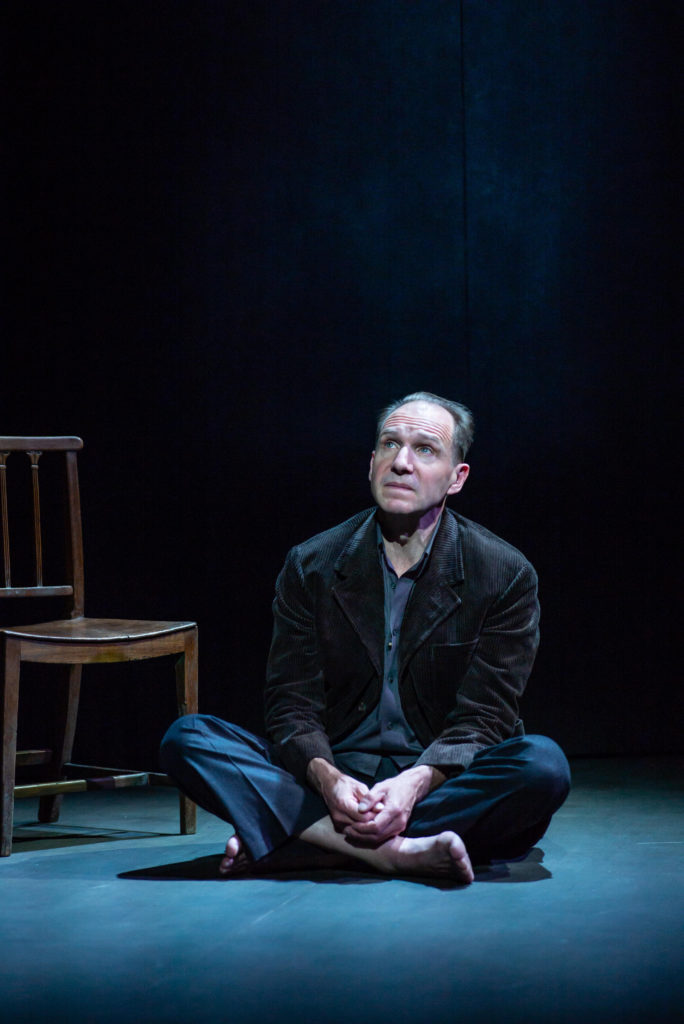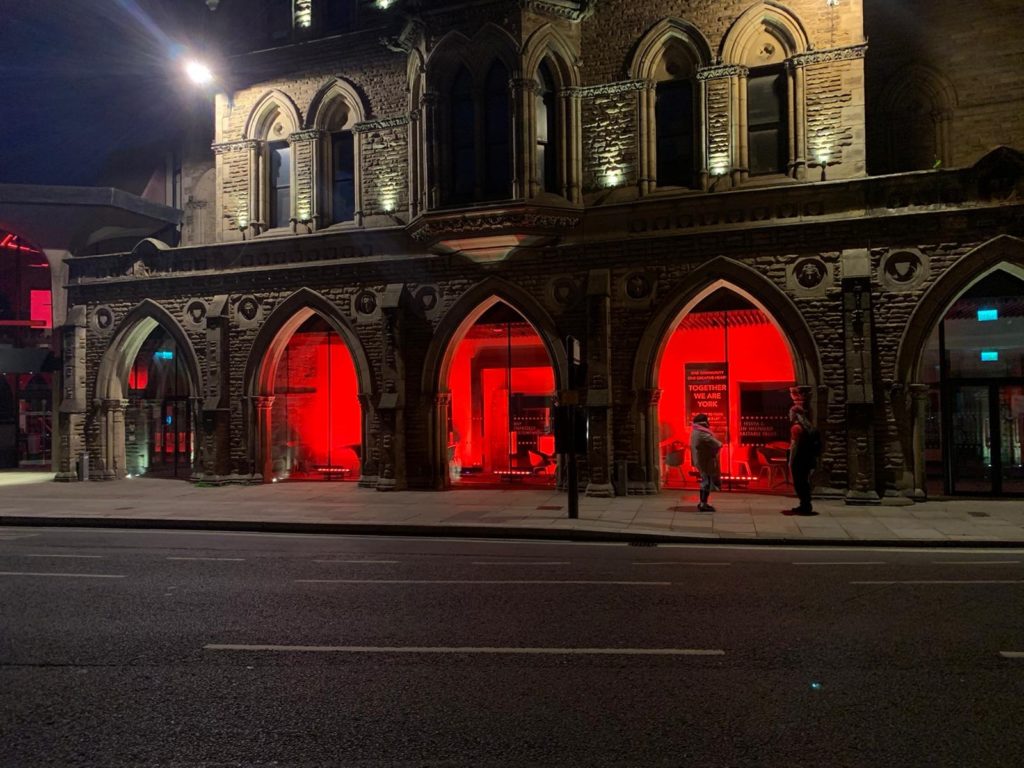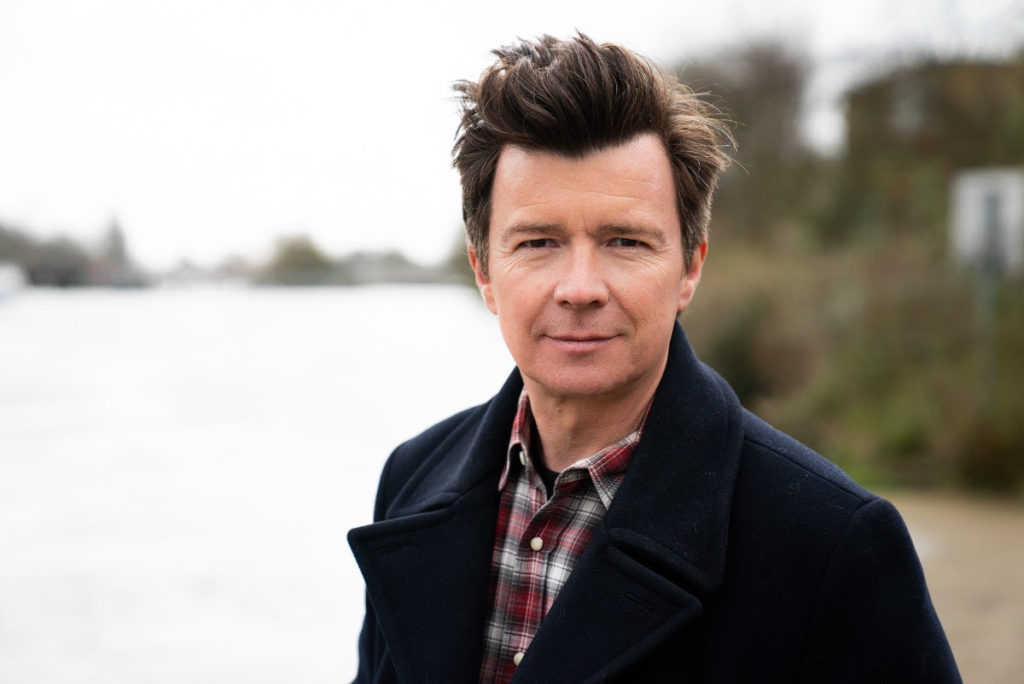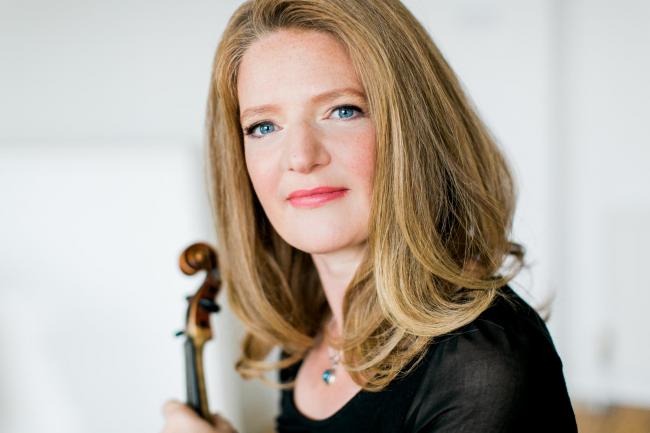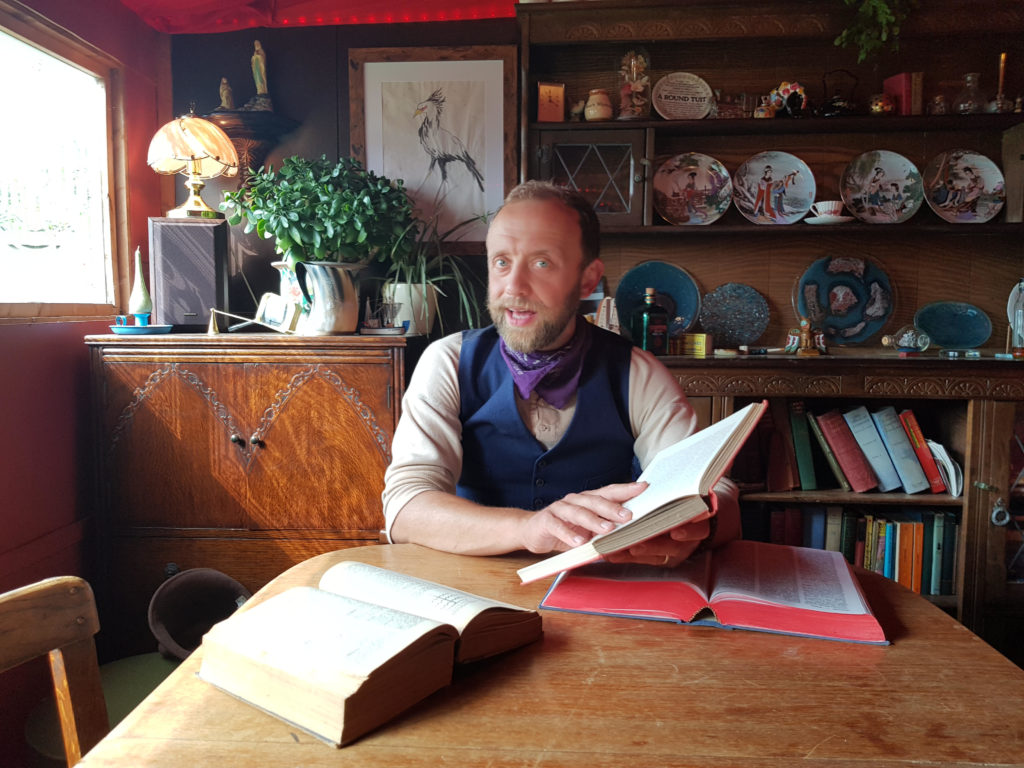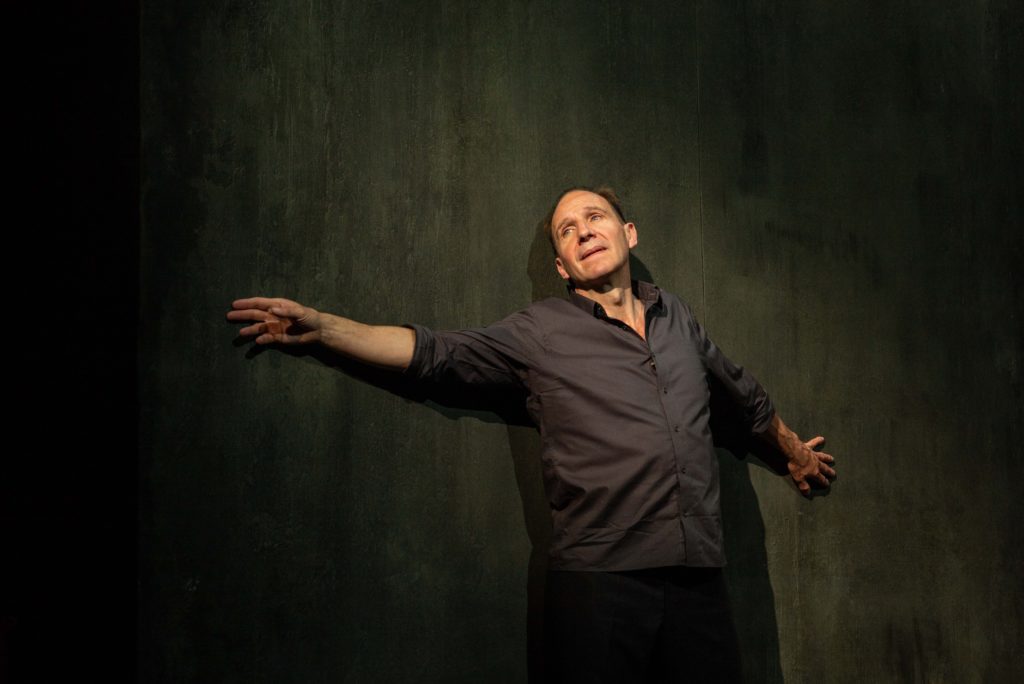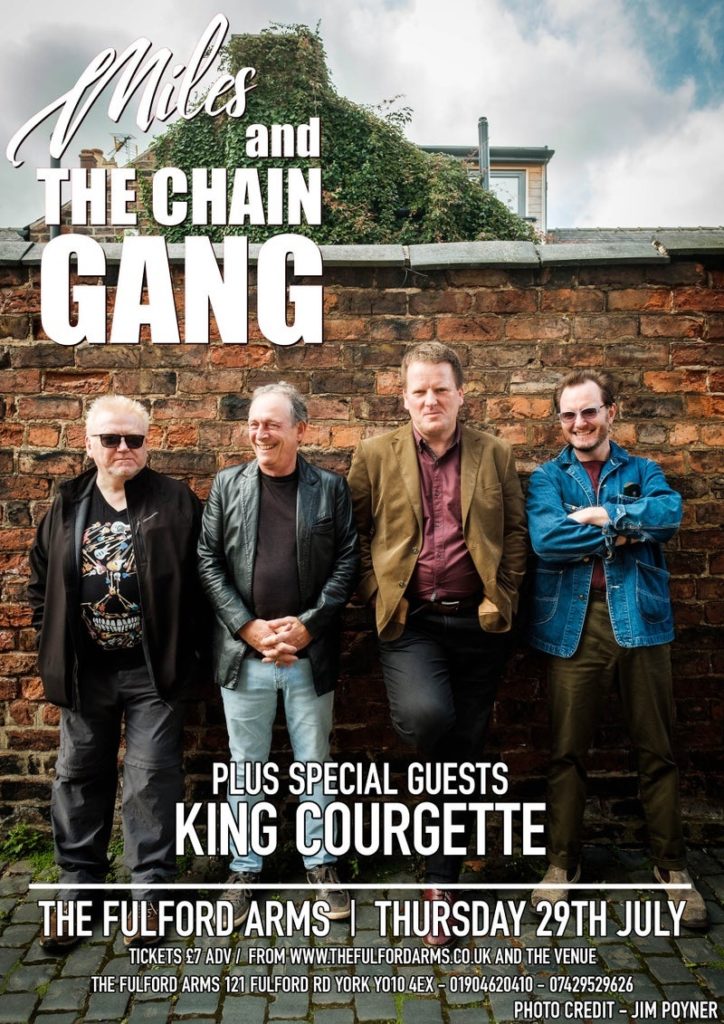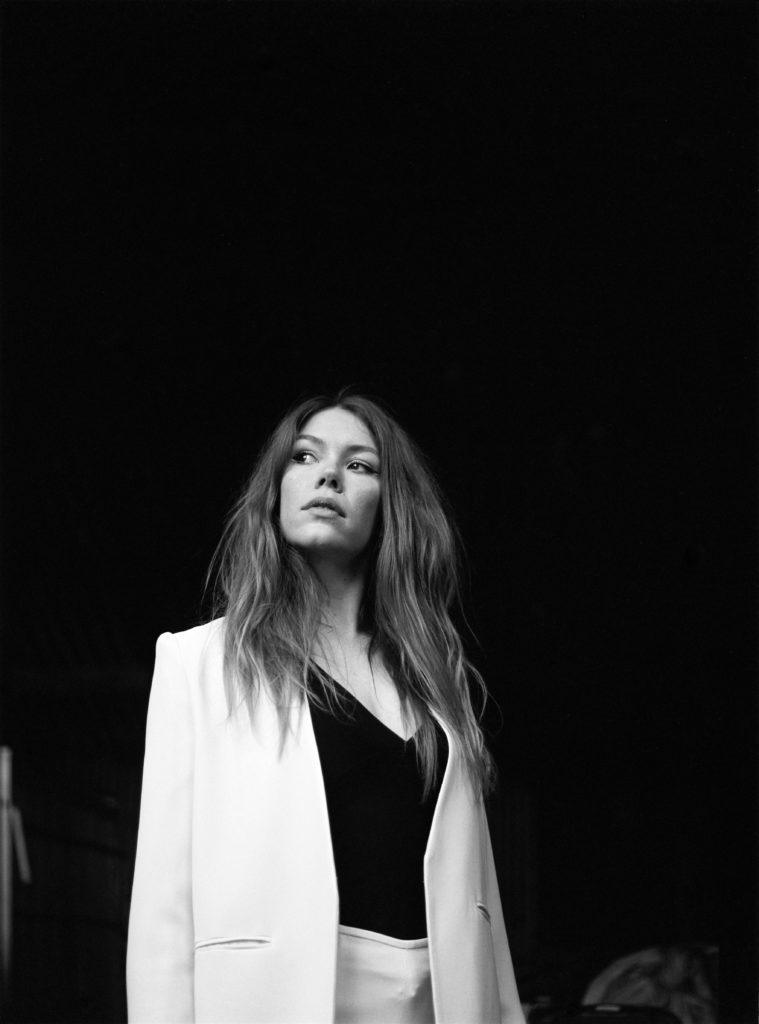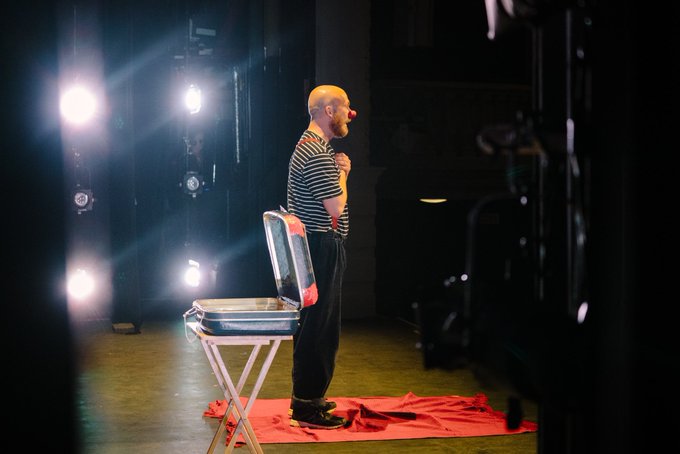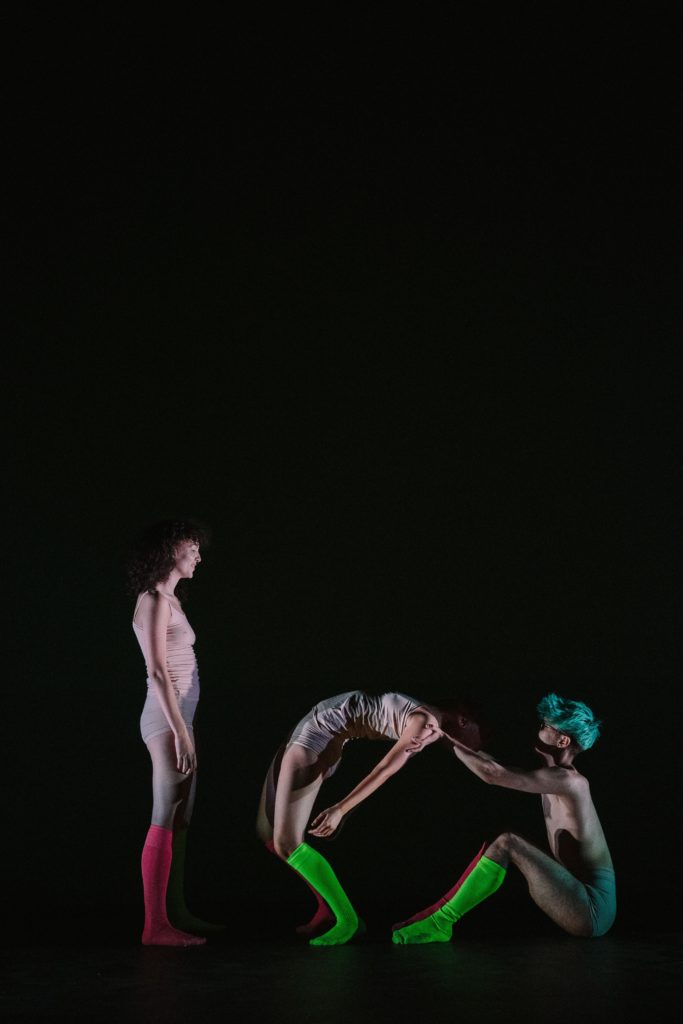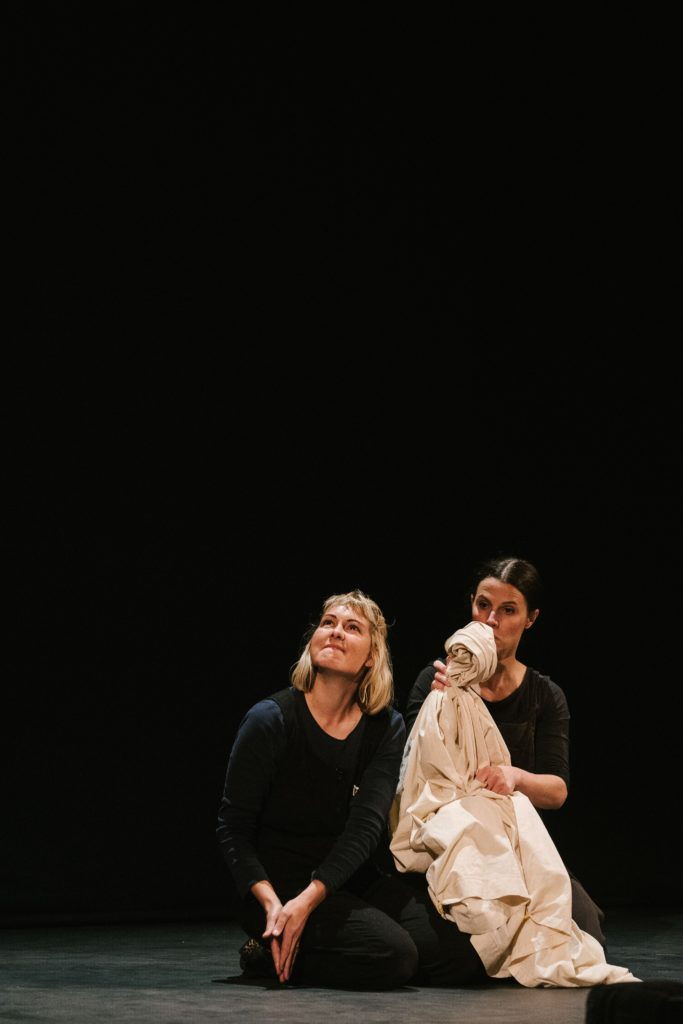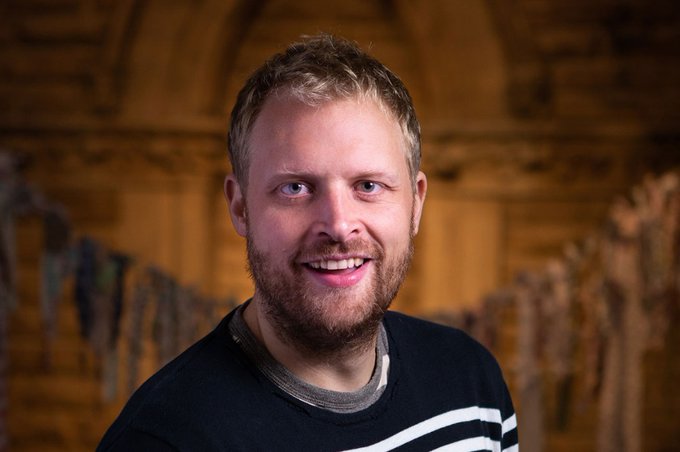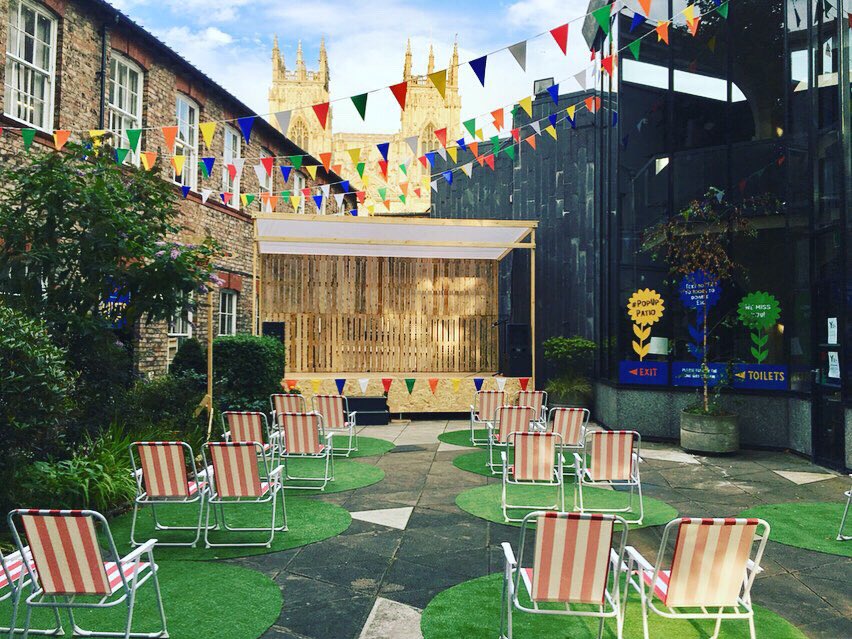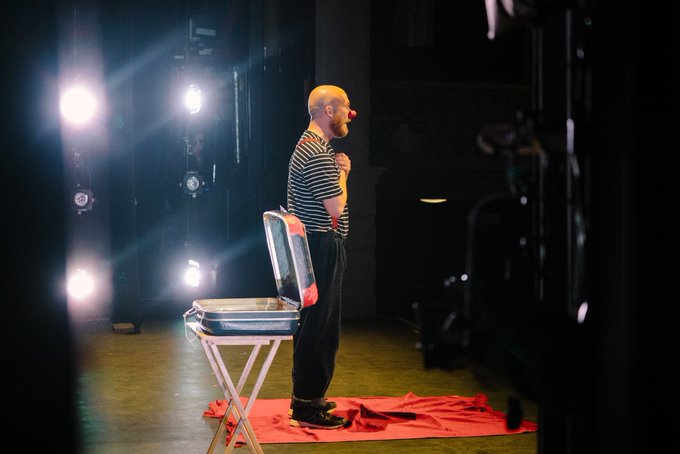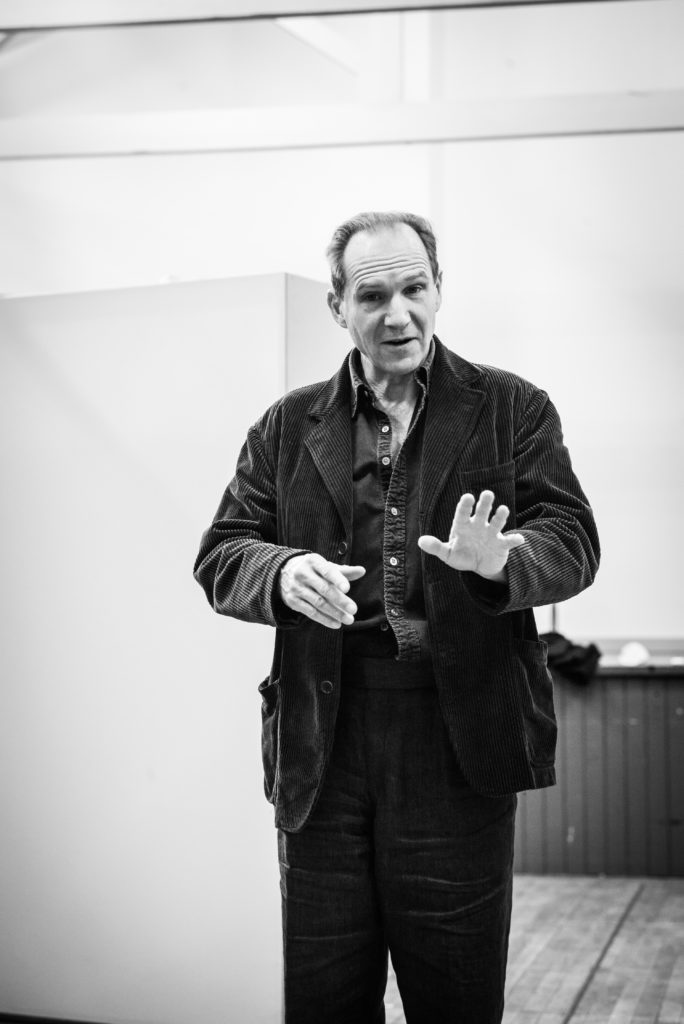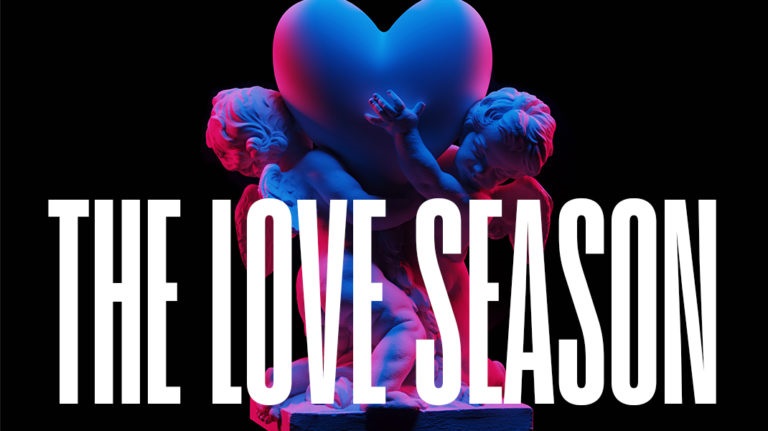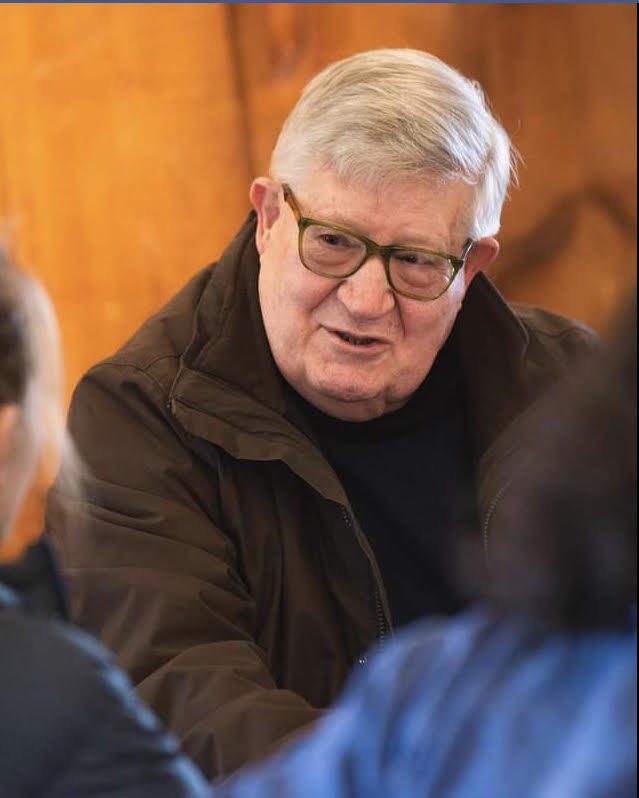
RICHARD Digby Day, artistic director of York Theatre Royal from 1971 to 1976, will talk about his life and work in the theatre world at a fundraising event there tonight at 7pm.
Now 80, this esteemed stage director, international professor and lecturer in Britain and the United States is credited with discovering actors Hugh Grant and Ralph Fiennes in a career where he served as artistic director of Bournemouth Theatre Company, New Shakespeare Company at Regents Park Open Air Theatre, Welsh National Theatre Company, Nottingham Playhouse and Northcott Theatre, Exeter.
He is well-known for his work in classical theatre, notably the plays of William Shakespeare and George Bernard Shaw. He is vice president of the Shaw Society and a Fellow of the Royal Society of Arts and has staged more productions of Shaw’s work than any other living director.
Richard is noted for his productions of Stephen Sondheim musicals too, and his work has been seen in the West End and on tour extensively throughout the UK, Canada, Denmark and Ireland.
He has worked with many of the theatre greats, not least bringing Dame Judi Dench to the Theatre Royal stage, and he is a contemporary of Sir Ian McKellen, the two having begun their professional careers working on many of the same productions with Digby Day serving as assistant director.
He came back to York three times to direct waggon plays from the York Mystery Plays with the York Settlement Community Players for the Merchant Adventurers’ Guild, presenting The Last Judgement in 1998, 2002 and 2006. “The last one was the most modern, and I wouldn’t have done it twice more after the first time if it wasn’t so rewarding,” he says.
“There was a great stock of actors, like Ruth Ford, who was not just a wonderful actor but a wonderful person.”
Now Richard returns to the city for 50 Years On: Richard Digby Day In Conversation in the Theatre Royal Studio tonight when creative director Juliet Forster will host the event to raise funds to support ongoing work at the St Leonard’s Place theatre.
“I look back on my days as York Theatre Royal as a time of great excitement, a very good time,” says Richard. “What those days meant to my career and showed to other people was that I could run a theatre, because I was not just the artistic director but also director of the whole thing. I really had the final say in relation to whatever the board wanted.
“I was thinking about this, how the Sixties and Seventies were a wonderful time for the theatre in a way that has not been replicated since. I was in the right place at the right time, as I was at Exeter too. I’d just finished working for the Welsh National Theatre Company at the Casson Studio, in a very rough street in Cardiff: Ruby Street in Splott. I’d founded the company and started it but couldn’t cope with the Welsh politics, so I left.”
What happened next? “There was as an advertisement in The Stage saying York Theatre Royal was looking for a new artistic director, when Donald Bodley was leaving, having made that wonderful addition to the building [the foyer],” Richard recalls.
“I was interviewed in September 1971 and all the candidates were told to hang around…and then it was announced that I’d got the job, in front of all these disappointed-looking other people.”
Richard can reel off the productions that came thick and fast under his artistic direction: “We did The Circle, by Somerset Maugham, starring Jessie Matthews, who appeared twice in the first year. In York Minster was Murder In The Cathedral by T S Eliot, and because there was no studio at the Theatre Royal at that time, we did two plays at York Arts Centre [in Micklegate], Tiny Alice by Edward Albee and Old Times by Harold Pinter. There was an extraordinary range of performances going on,” he says.
“That’s the difference when you compare it with today’s theatre. That time was the flowering of theatre, whereas today money is short and very rarely do actors stay together for more than one play.”
More work comes to Richard’s mind. “We did some work at the University of York; two plays in the De Grey Rooms and a whole series of poetry readings at York Art Gallery,” he says.
He settled in quickly. “York Theatre Royal was well set up: long before I arrived there, it was a working regional theatre with its wardrobe and carpentry departments, and York always tended to have actors that stayed for more than one production,” he says.
“For the second season in Spring 1973, Phyllis Calvert [the English film actress], who’d been in the company before the Second World War, began a long association with me directing her in five plays. The first Shakespeare I did here was The Tempest, in association with the New Shakespeare Company at the Regents Park Open Air Theatre, in London, where I was artistic director for a long time.
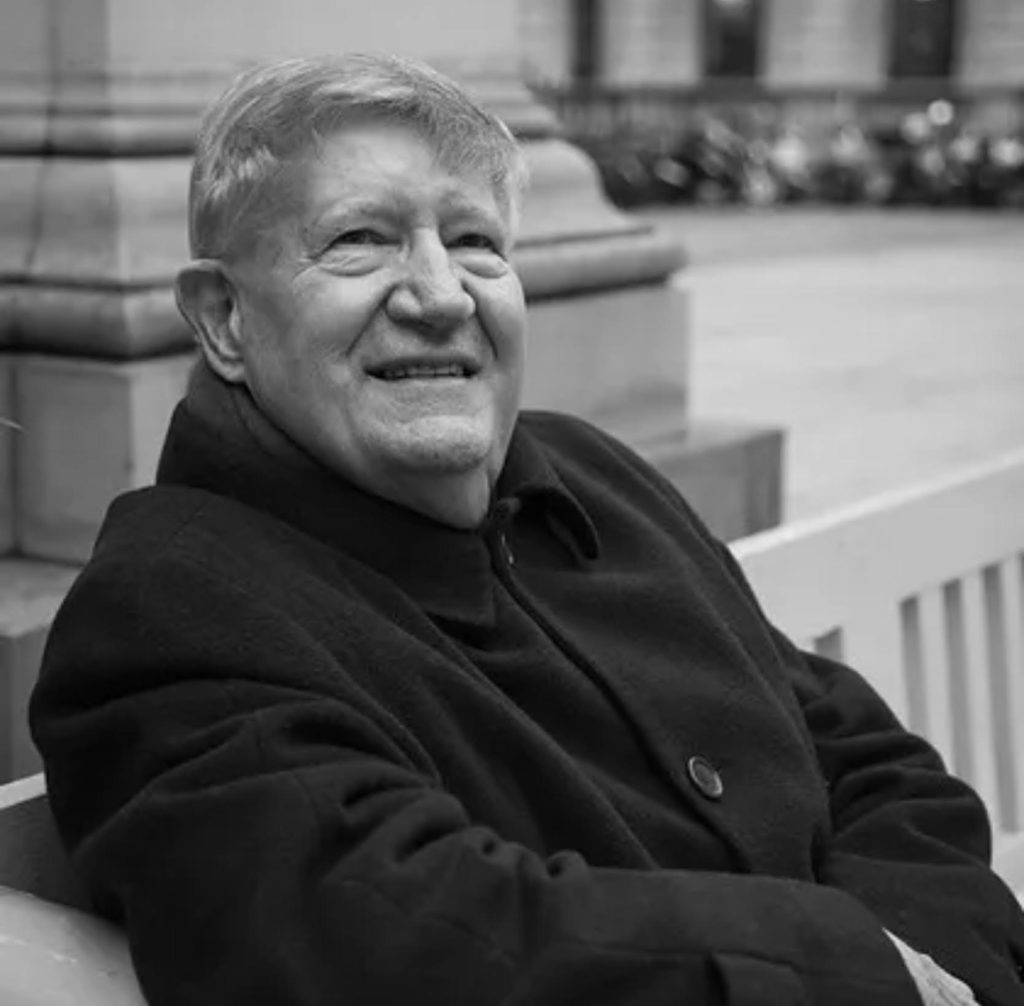
“We had Michael Dennison playing Prospero, and the production began in York, went on a little tour, then played Regents Park.”
Judi Dench would return to her home city with Michael Williams to appear in a new play, Content To Whisper, adapted by television writer Alan Melville from a French work. “I can tell you this now, because Judi and I often laugh about it: we knew on the first day of rehearsals that we shouldn’t be doing it, but we did the best we could with it and it packed the theatre! I don’t know if people liked it or not, but they were just content to see Judi back home,” says Richard.
“Looking back, I was able to do a lot of interesting productions and the seasons were a lot more classically based than they are now: Strindberg, Ibsen, Chekhov, but a lot of modern plays too, like the first out-of-London production of Peter Shaffer’s Equus. The National Theatre offered us the rights for it, so we said yes, and then followed it with Hamlet, starring the Scarborough-born Frank Barrie as Hamlet.
“That was the third time I’d directed Hamlet and the nearest one I felt to getting it right. Frank’s father died in the middle of the run and he had to keep going, with all that connection with Hamlet’s father dying.”
Just as Damian Cruden would do later during his 22-year tenure as artistic director, Richard enjoyed using the theatre space in different ways. “We had all the seats taken out and did a promenade production of The Two Noble Kinsmen [Shakespeare’s play co-written with John Fletcher]: the first time it had been done for many years, for York Festival in 1973,” he says.
“In my last season, we had seven plays by Samuel Beckett to celebrate his 70th birthday and we did them on the stage with the safety curtain down and the audience seated on the stage too, and we did this in a repertory season where we closed the main-house auditorium one night a week for the Beckett plays.”
Typical of Richard enjoying the challenge of “making theatre in places that aren’t necessarily theatres” was his production of Ibsen’s Little Eyolf in the Assembly Rooms, “I had the belief that wherever there was an audience, wherever there were actors, that could be a theatre,” he says.
As he heads back to York once more, where he once lived on Tadcaster Road in a “dear little cottage and courtyard” overlooking the racecourse, Richard says: “The city has provided many memories, 50 years of history, but it’s not the place I came to in 1971. I don’t say it in an entirely negative way but any city that has its manufacturing heart taken away can never be as interesting as it was.
“I used to get up at six in the morning and walk down to the shop to buy a paper, and you would see all these workers bicycling to work. You could smell that work. I find what’s happened to Britain so sad, though of course York has so many attractions that it’s made an industry out of tourism.
“There were always tourists but it was completely a working, industrial city, where under all that history was the industry that was supporting it.”
From 1980 to 1984, Richard was at the helm of Nottingham Playhouse. “That was not a happy time,” he says. “I would have to say that Mrs Thatcher interfered in the arts. In particular, William Rees Mogg wrote a ghastly report on the arts when he was made chairman of the Arts Council: a most unsuitable person for the post.
“It was not an easy period and eventually I thought, ‘I just don’t want to go on running a theatre’, so I left and I’ve never really run a theatre since then, but I’ve done lots of other things, like being the director of the National Theatre Institute, in Waterford, in Connecticut, for eight years.”
Richard directed plays aplenty at the Lyric in Belfast. “It was at the height of the troubles, which was a very interesting experience,” he says. “Where I was staying, one night the windows were shattered by an explosion nearby, but on the whole, you learned to get on with things and not be distracted by the divisions.”
Richard has directed star names in one-person shows, from Edward Fox to Eileen Atkins, Margaret Wolfit to Geraldine McEwan. “Most recently, Eileen Atkins put me in touch with Dame Joan Plowright for a show where I interviewed her: it was a wonderful opportunity to get to know a wonderful person, doing the shows at the National Theatre and Chichester,” he says.
Reflecting on the contrast between now and 50 years ago, Richard says: “Theatre is not funded properly, with very few exceptions. The most worrying thing is the lack of performances of classic plays, and often when they’re done now, they’re very badly spoken, even at places where there’s no excuse, like the Royal Shakespeare Company.
“By comparison with Peter Hall’s days, what the National Theatre is doing now is not what it should be. So, I am concerned. I say this as an old man, but one who tries try not to have too many set ideas, but if you look at the list of what was playing in the West End 30 years ago and what’s on there now, I’m deeply concerned.”
His passion for theatre, his conviction in its importance, remains unbowed, however. “A city without the arts will never be a complete place,” he says.
50 Years On: Richard Digby Day In Conversation, York Theatre Royal Studio, tonight at 7pm. Tickets cost £20 plus an optional additional donation to York Theatre Royal. Box office: 01904 623568 or yorktheatreroyal.co.uk.

